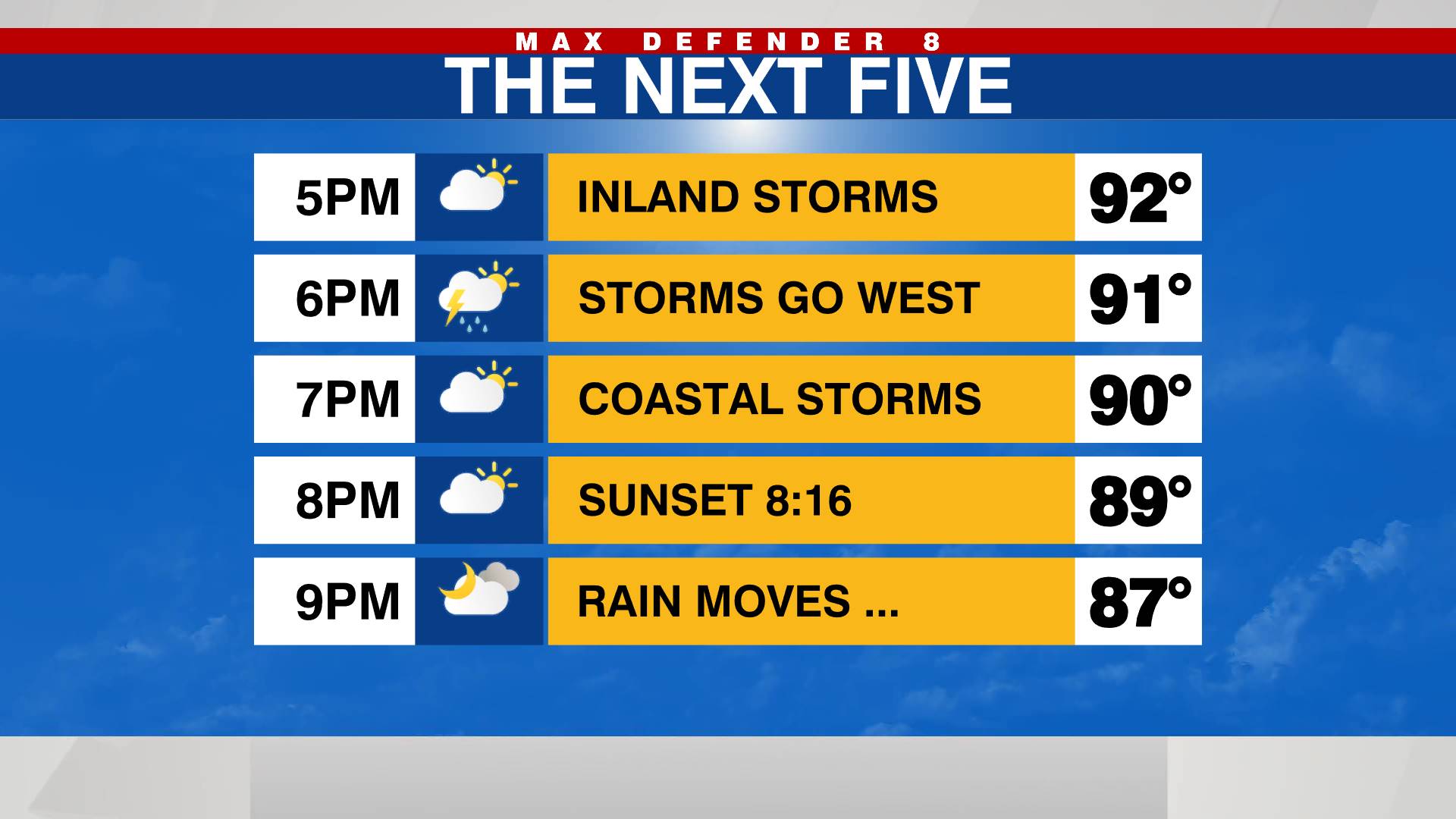When St. Petersburg Fire Rescue responded to a call about a self-inflicted gunshot suicide Tuesday evening, the emergency crew discovered the victim was one of their own.
“We’re seeing a real spike in suicides,” James Large, St. Petersburg Fire Rescue Chief, said.
More first responders died by suicide last year than in the line of duty.
Chief Large admits his department is hurting right now.
The St. Petersburg Police Department identified the firefighter as Todd Rosenberger.
First responders, he notes, see the worst of the worst.
“There are crews that had to respond to deal with the event, so we’ve had to help them along,” Division Chief Richard Ganci explained.
In Hillsborough County, the sheriff’s office is dealing with the second murder suicide involving a deputy in three months.
“Why is this occurring? I wish I knew,” Sheriff Chad Chronister stated at a press conference.
Constant exposure to death and tragedy takes a toll.
“It’s an industry problem. It’s not a St. Pete problem. It’s not a Tampa problem,” Chief Large explained.
According to a study done by the Ruderman Foundation, in 2017, 93 firefighters died in the line of duty and at least 103 firefighters took their own lives.
A total of 129 police officers died in the line of duty and 140 committed suicide.
A 2015 article published in the Journal of Emergency Medical Services says that a survey of more than 4,000 first responders found that 6.6 percent attempted suicide.
That is 10 times the rate of the general population.
In 2017 Tampa firefighter Steve LaDue took his life after years of battling PTSD, depression and alcohol.
Steve’s sister Megan Vila convinced lawmakers to expand mental health benefits to first responders.
“My brother felt let down because the workers compensation laws in the state of Florida failed him and I didn’t want to see this happen to someone else,” Vila said.
That’s one step.
St. Petersburg Fire Rescue is educating its people to identify and support first responders with issues.
But it faces the same challenge as other departments.
“There’s a lot of bravado, ‘oh, you know, not me. I’m not going to come forward. I’m not going to let my peers and family members know that I’m struggling,'” Chief Large added.
“We have to change the culture. We have to make sure that everyone knows that it’s okay to ask for help. It’s not a sign of weakness to say, ‘listen, I’m having a difficult time. I’m having a hard time. I need some help,” Sheriff Chronister said.
If you’re thinking about suicide or worried about someone who might be, call the National Suicide Prevention Lifeline at 1-800-273-TALK (8255) to connect with a local crisis center. You can also text the Crisis Text Line by messaging 741741. Police officers can text the word BLUE.
If you have a problem that you think should be investigated, call our 8 On Your Side Helpline at 1-800-338-0808. Contact Steve Andrews at sandrews@wfla.com.














